Autopsy of an Island Currency was launched last weekend at Camp Pixelache in Helsinki. The book documents and reflects on the Suomenlinna Money Lab project — an artistic research project that tried to create an experimental local currency for the small island of Suomenlinna near Helsinki.
You can download the free PDF of the book here.
The general aim of the Money Lab was to engage with the specifics of a local setting by working with local people and creating a project that would generate interesting research and be beneficial to local dynamics. It was an ambitious attempt to explore and affect a unique place and its social dynamics through participatory art and design practice. The project was initiated by Susanne Jaschko / prozessagenten and produced by Pixelache, a cultural organisation in Helsinki, who together invited artist Christian Nold to develop a project for Helsinki.
The book describes the project’s process in detail trough a combination of first-person narration and ‘artefacts’, a wide selection of documented materials in the form of emails, notes, sketches, announcements and reflections. The publication also analyses the project’s challenges, such as the internal social dynamics and power structures of the island, which the Suomenlinna Money Lab project rendered visible. In addition, commissioned essays by authors Jaromil, Chris Lee, Pekko Koskinen, Antti Jauhiainen and Suzana Milevska contextualise the project and discuss subjects such as the challenges of participatory art, the value and hybrid nature of participatory projects, and the potentials of alternative money systems. The book is aimed at practitioners who work at the intersection of art, research and social action. It should be particularly useful for people working on alternative money models or on participatory projects that request a high degree of people’s commitment.
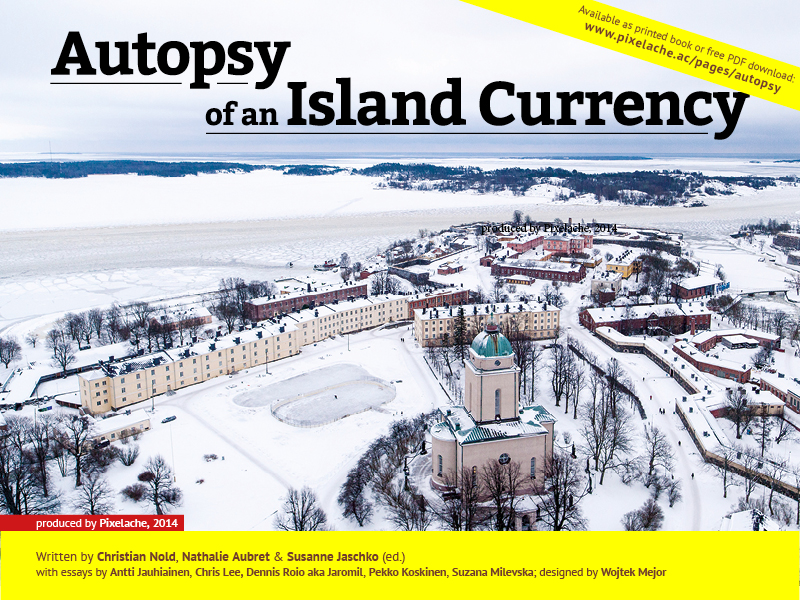
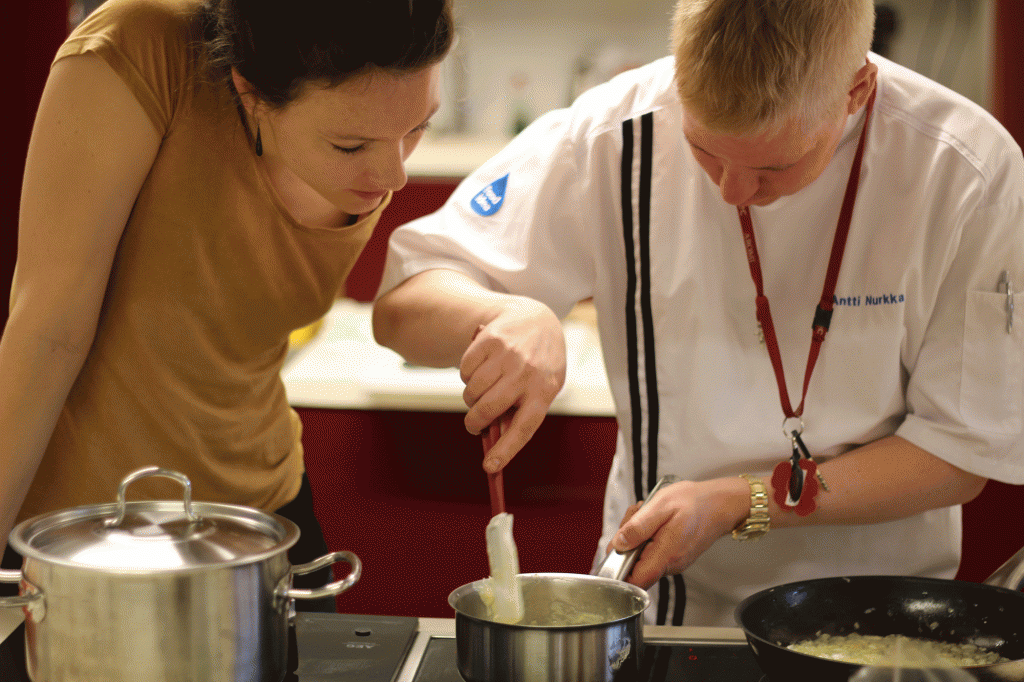
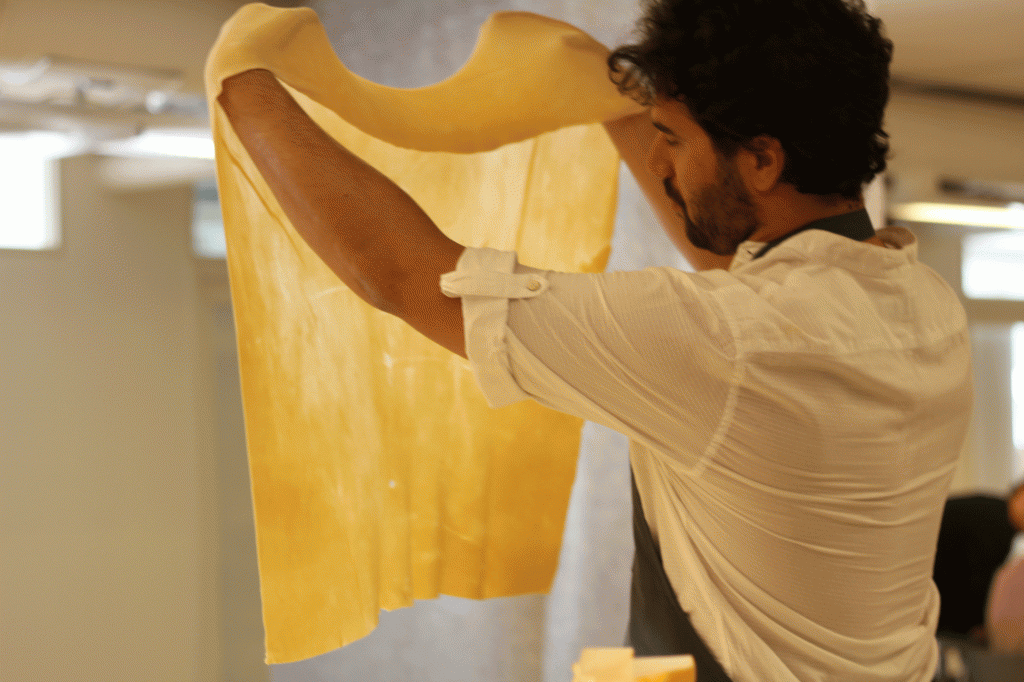
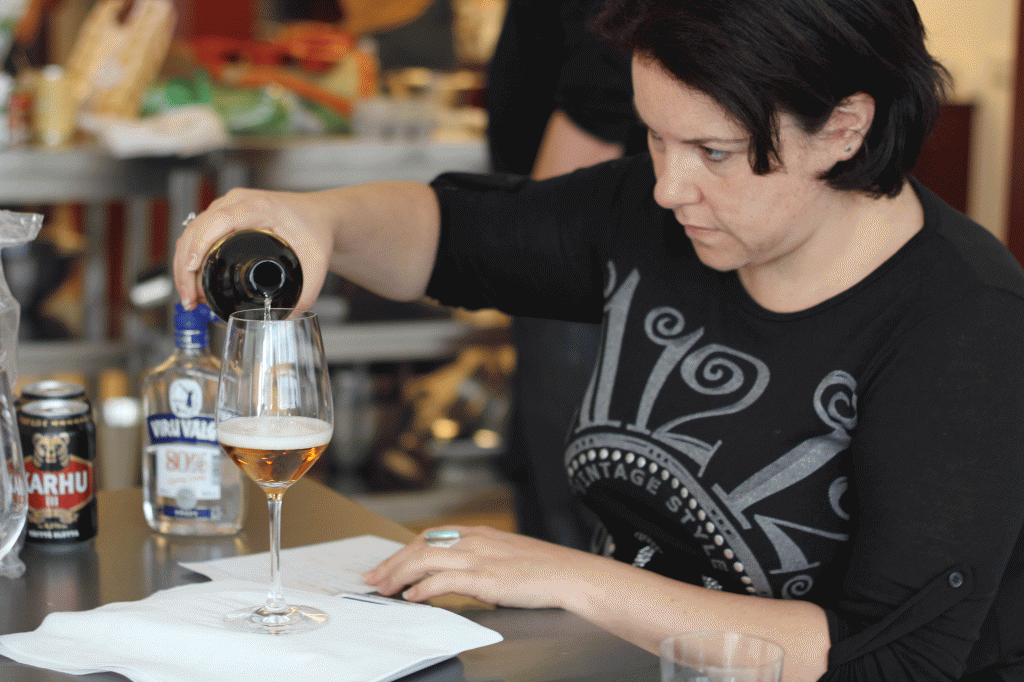
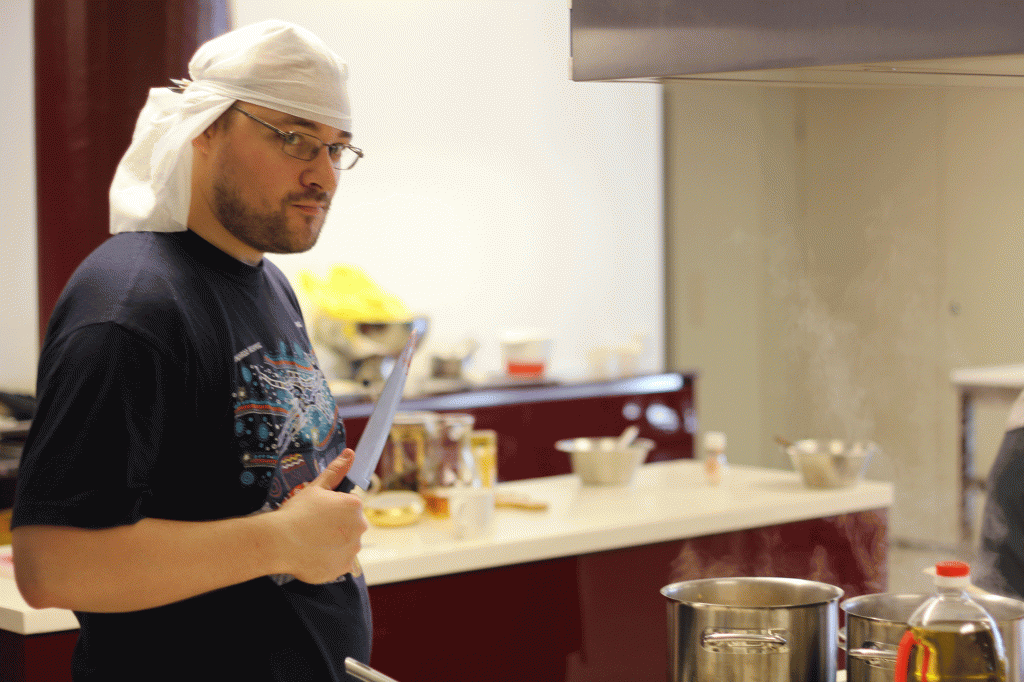
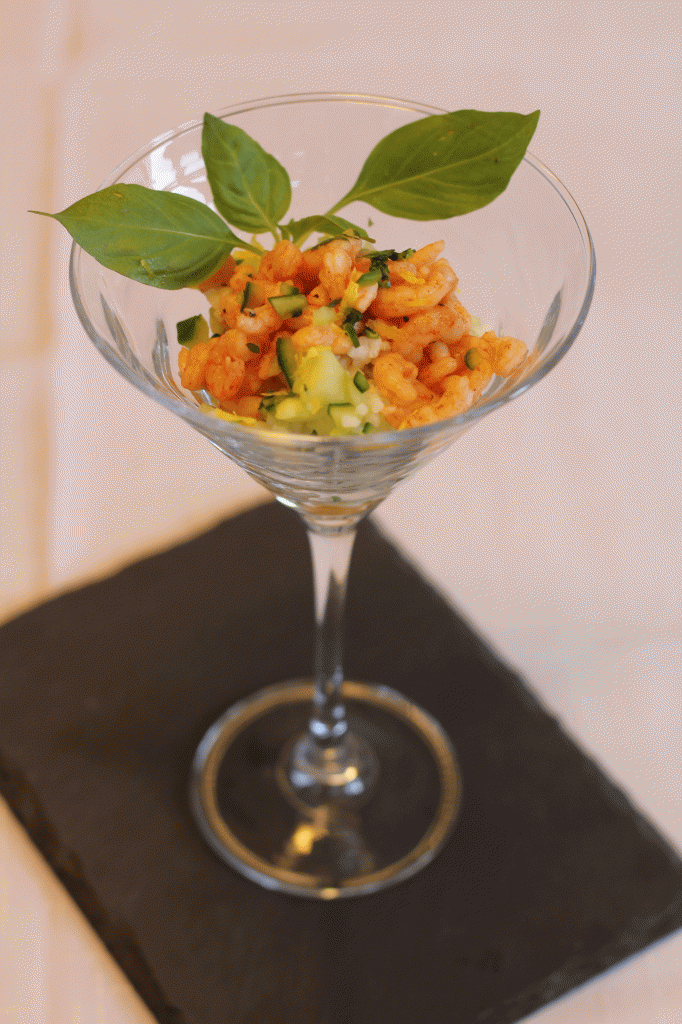
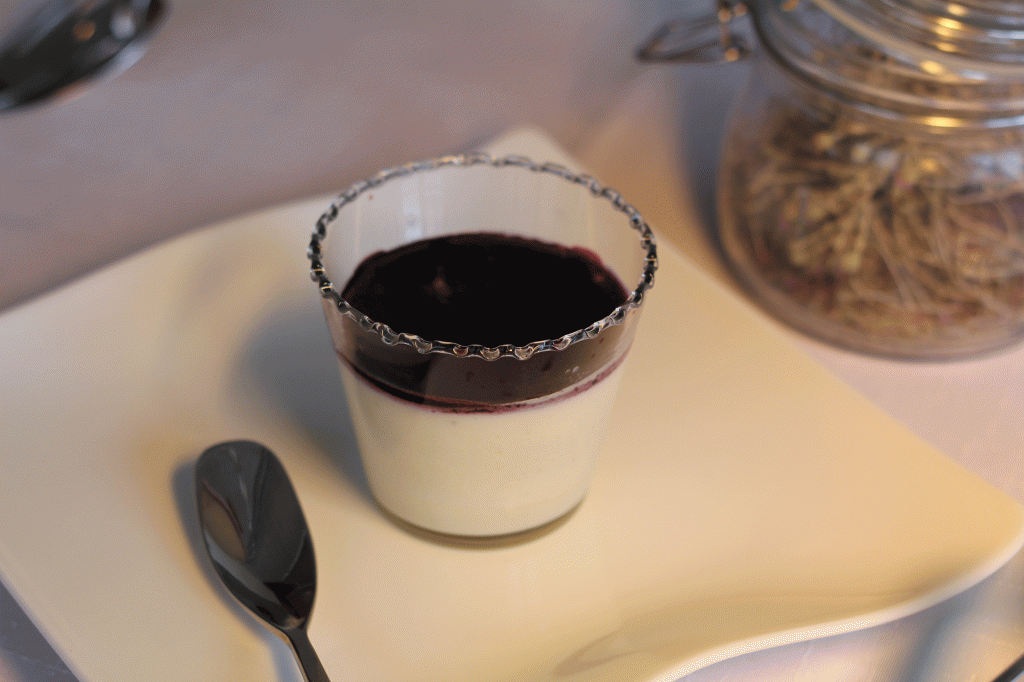
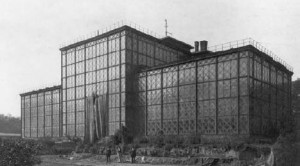
 Blog
Blog